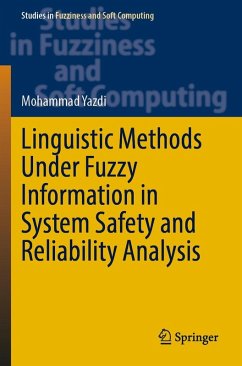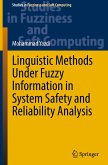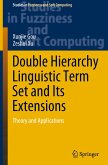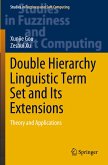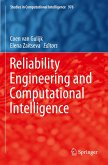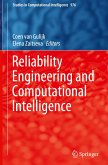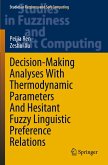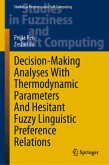This book reviews and presents a number of approaches to Fuzzy-based system safety and reliability assessment. For each proposed approach, it provides case studies demonstrating their applicability, which will enable readers to implement them into their own risk analysis process.
The book begins by giving a review of using linguistic terms in system safety and reliability analysis methods and their extension by fuzzy sets. It then progresses in a logical fashion, dedicating a chapter to each approach, including the 2-tuple fuzzy-based linguistic term set approach, fuzzy bow-tie analysis, optimizing the allocation of risk control measures using fuzzy MCDM approach, fuzzy sets theory and human reliability, and emergency decision making fuzzy-expert aided disaster management system.
This book will be of interest to professionals and researchers working in the field of system safety and reliability, as well as postgraduate and undergraduate students studying applications offuzzy systems.
The book begins by giving a review of using linguistic terms in system safety and reliability analysis methods and their extension by fuzzy sets. It then progresses in a logical fashion, dedicating a chapter to each approach, including the 2-tuple fuzzy-based linguistic term set approach, fuzzy bow-tie analysis, optimizing the allocation of risk control measures using fuzzy MCDM approach, fuzzy sets theory and human reliability, and emergency decision making fuzzy-expert aided disaster management system.
This book will be of interest to professionals and researchers working in the field of system safety and reliability, as well as postgraduate and undergraduate students studying applications offuzzy systems.

